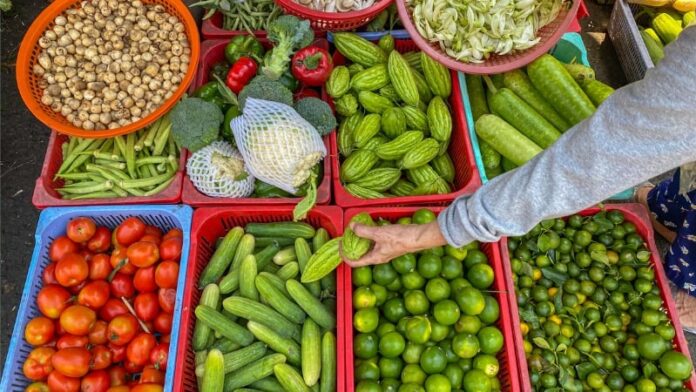SYDNEY A shift towards permanent “crisis resilience” from short-term aid is crucial to mitigate increasingly frequent shocks to the global food system and tackle rising global hunger, say food policy researchers.
Acute food insecurity has increased dramatically in recent years as a result of numerous crises disrupting the food chain, including the COVID-19 pandemic, economic depression, violence, and weather due to climate change.
According to the Global Report on Food Crisis: Mid-Year Update 2022, up to 205 million people, or nearly twice as many as in 2016, lived in 45 countries with crisis-level acute food insecurity or worse. According to the report, calls for humanitarian aid rose to a record high of $41 billion USD.
According to Johan Swinney, director general of the International Food Policy Research Institute (IFPRI) and managing director of the CGIAR Systems Transformation, “Crises, shocks, and volatility are no longer exceptions and may become the new normal.
“We should invest in resilience building to withstand future crises, implement effective and accountable governance, and better predict and prepare.
The IFPRI 2023 Global Food Policy Report, which was published last week (April 13), examines evidence-based governance and policy alternatives to strengthen early warning and quick response mechanisms and increase the shock resistance of food systems.
According to the report, which lists more than 30 research tools available to support such a response, “Traditional crisis response has focused on humanitarian and emergency food aid, but a more systematic and sustainable approach is needed to address protracted crises, which are likely to increase.
It continues, “It is critical to shift towards longer-term and more permanent ‘crisis resilience’.
According to the paper, early warning systems and preventive actions can make it easier to give relief for both short-term humanitarian needs and long-term development.
A better connection is required, according to Rob Vos, director of markets, trade, and institutions at IFPRI, between early warning systems that track local food shortages and those that track market volatility on a global scale.
In addition, Vos tells SciDev.Net, “Both systems need to pay more attention to monitoring the risk factors that underlie food supply or price shocks as those lead to food crises.”
“This will enable anticipatory action before a shock turns into a crisis, saving lives, livelihoods, and money.”
According to the IFPRI analysis, South Asia is far from meeting the SDG2 goal of eradicating hunger by 2030, and efforts to do so have halted.




























